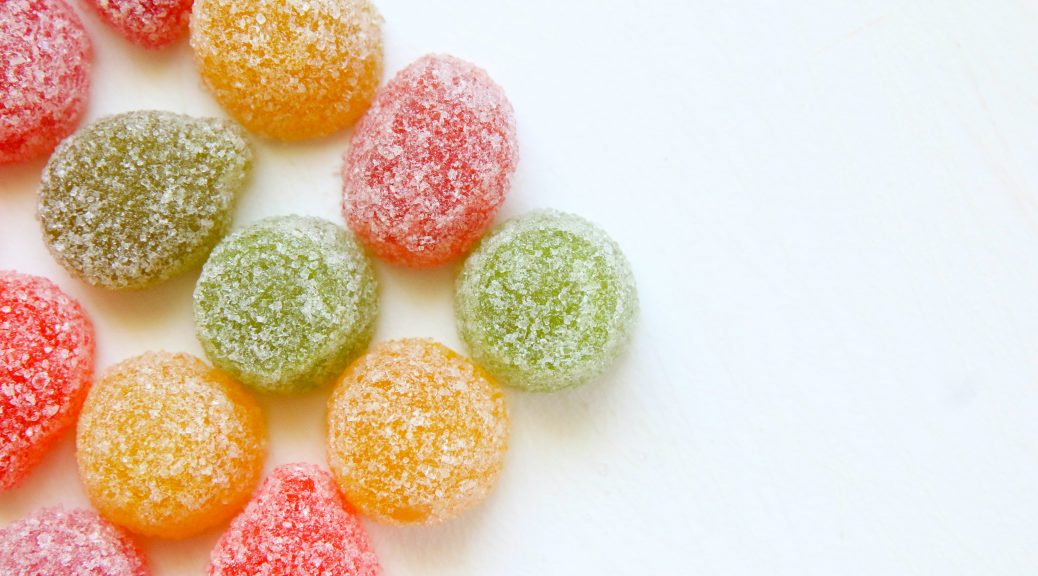Wisdom teeth are the third molars that form all the way to the back of the mouth. They typically emerge when a person is between the ages of 17 and 25. They’ve gotten kind of a bad rap for causing problems and needing to be removed, but that isn’t always the case. Here’s what you need to know about your wisdom teeth and why they might need to be removed.
Emergence
When wisdom teeth first begin to emerge it can cause some discomfort. Rinsing thoroughly with a mouthwash of medium-hot water and a teaspoon of salt should help to clean the area and provide some relief. An antibacterial mouthwash that contains chlorhexidine can also be helpful in cleaning and reducing inflammation. Over the counter pain relievers such as ibuprofen are also an effective way to reduce irritation and soreness. While it is normal to experience some discomfort as the teeth emerge, if you are experiencing pain you should see your dentist right away.
Should They Be Removed?
Your dentist will take x-rays to determine whether or not your wisdom teeth need to be removed. If your teeth are healthy and you have enough room in your jaw for 32 teeth, it is best to allow the wisdom teeth to emerge as nature intended. There are circumstances, though, that may require them to be removed.
If They Are Impacted
If the teeth can’t come through in a useful position and are causing pain, this will likely cause other problems that will only get worse over time. Most adults only have room for 28 teeth in their jaw, and there simply isn’t enough room for wisdom teeth.
If They Have Decay
If the teeth are partially through but they show signs of decay, your dentist may decide to remove them in order to preserve the healthy teeth around them. It is typically difficult to clean and floss the teeth way in the back of your mouth, so once these teeth start to decay it is very likely that they will cause an infection that can spread to other teeth.
If They Are Painful
Pain is nature’s way of telling us that something is wrong. If your wisdom teeth are causing you pain, it is a sign that you need to see your dentist right away to determine the best course of action.
What Can I Expect?
We’ve all heard those horror stories of people having their wisdom teeth removed, but the truth is that modern dentistry can help make your experience relatively comfortable. On the day of your procedure, your dentist will either give you a local anesthetic, or sedate you so that you do not feel any discomfort or pain during the procedure. Once the procedure is over, make sure to follow your dentist’s after care instructions carefully for a quick and easy recovery.
If you are experiencing discomfort or pain, it is important to call your dentist at The Carolina Family Dentistry to set up an appointment right away.









